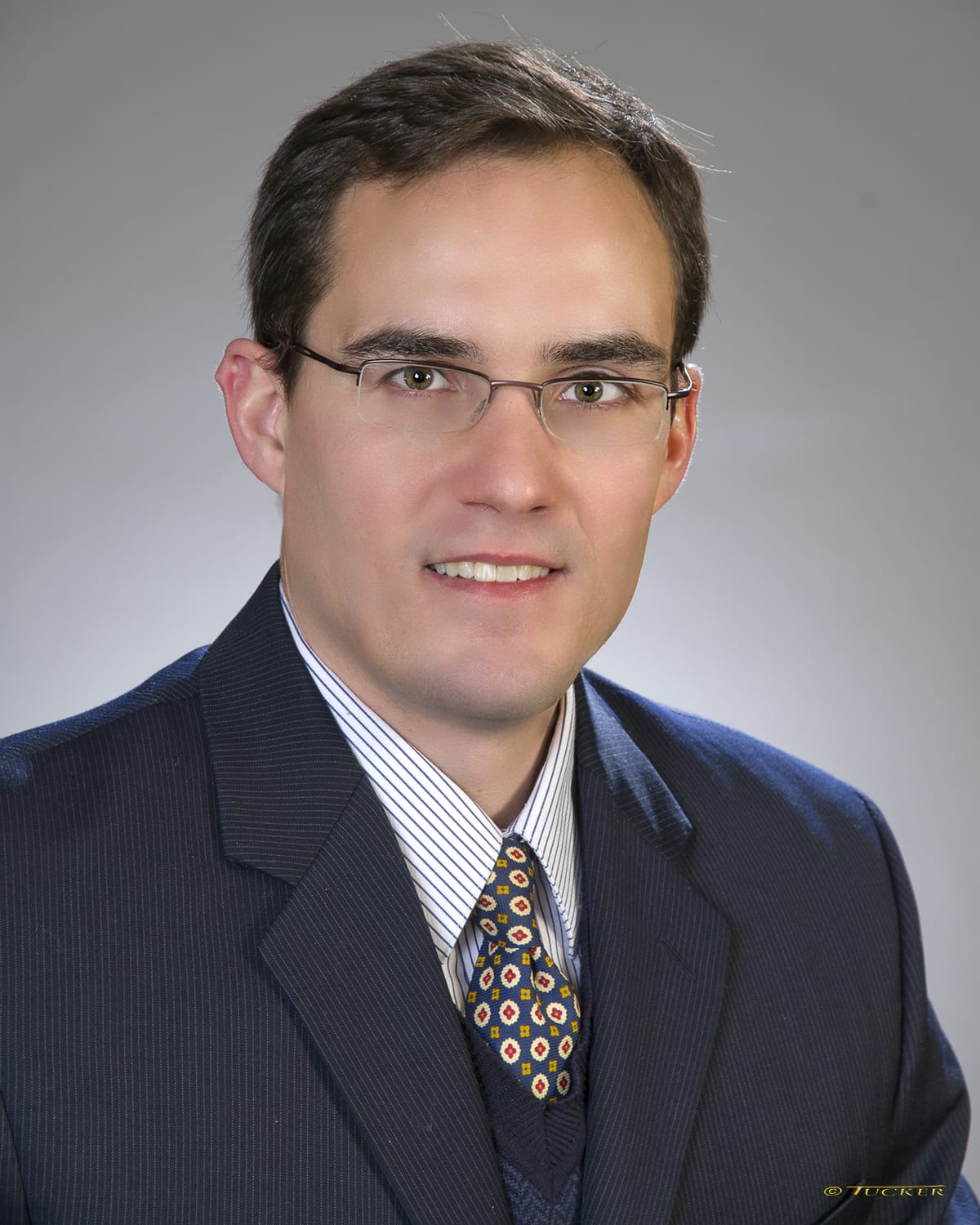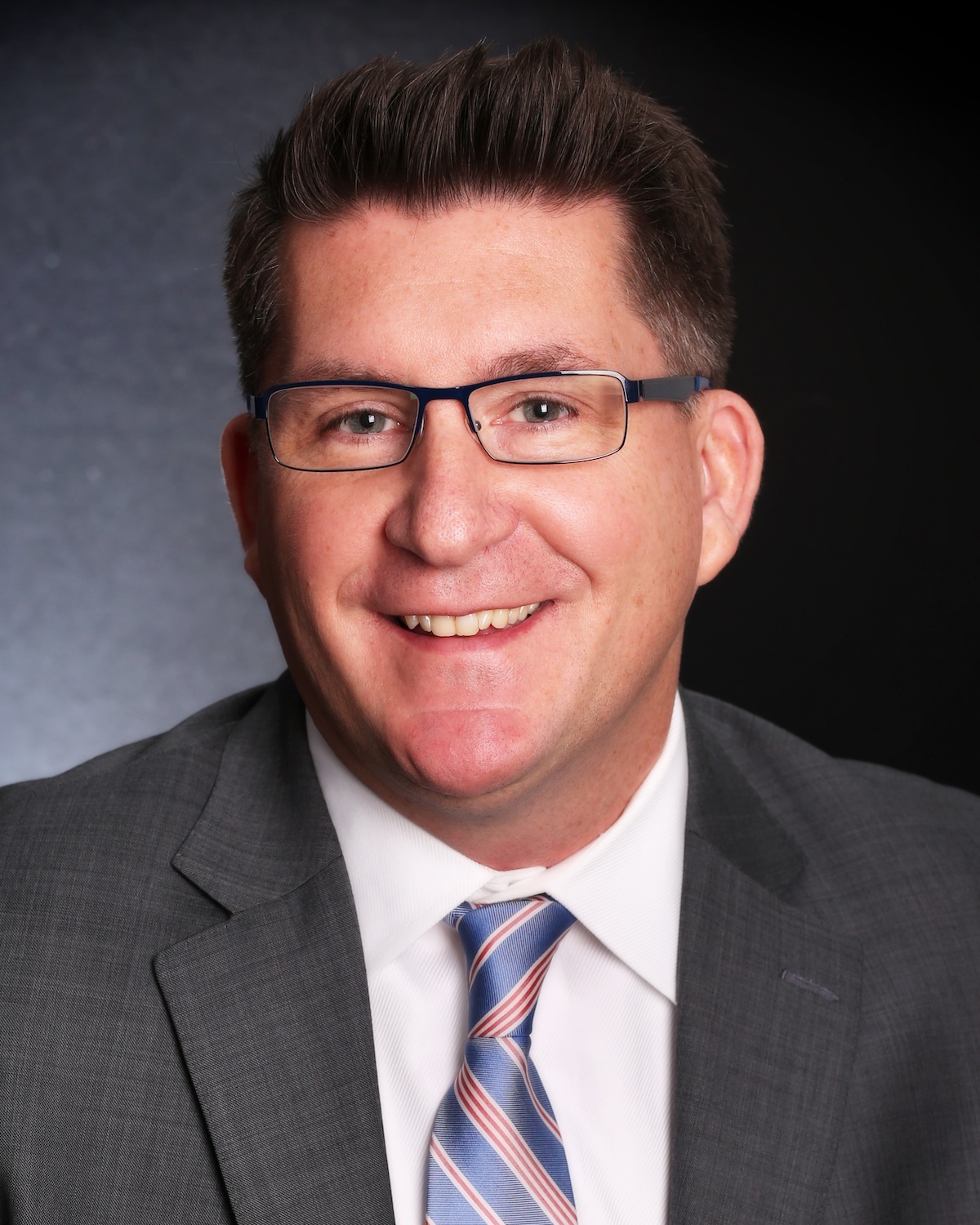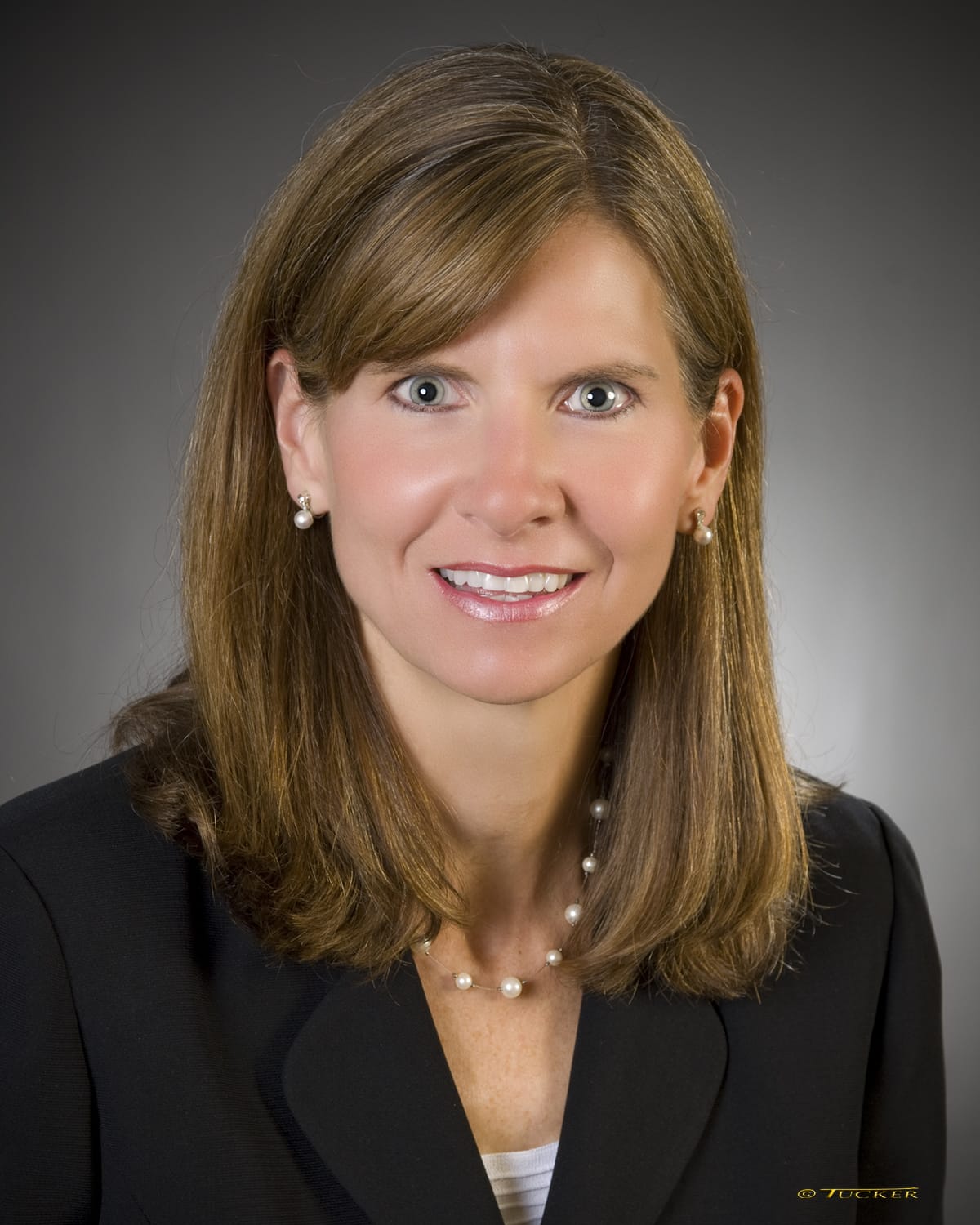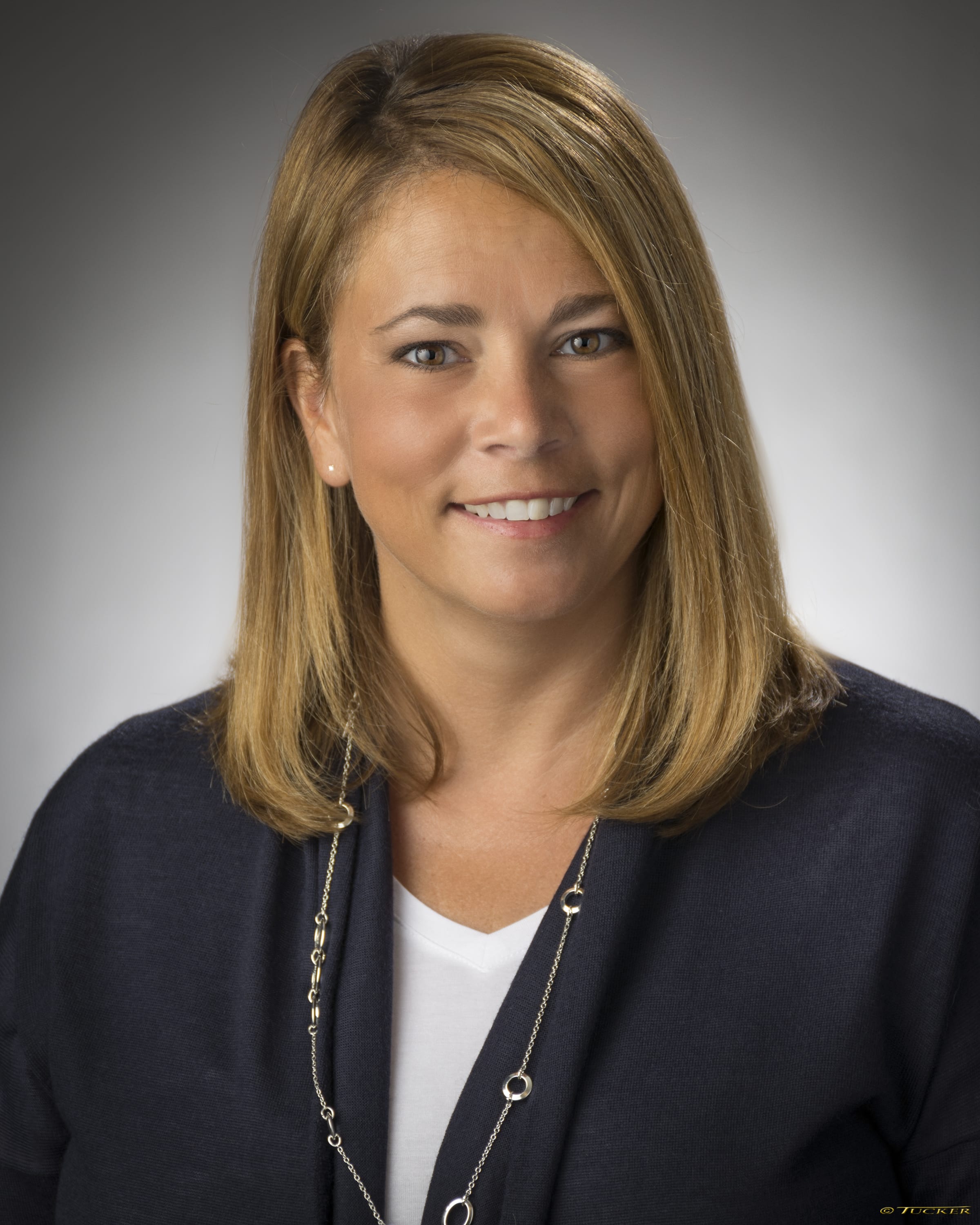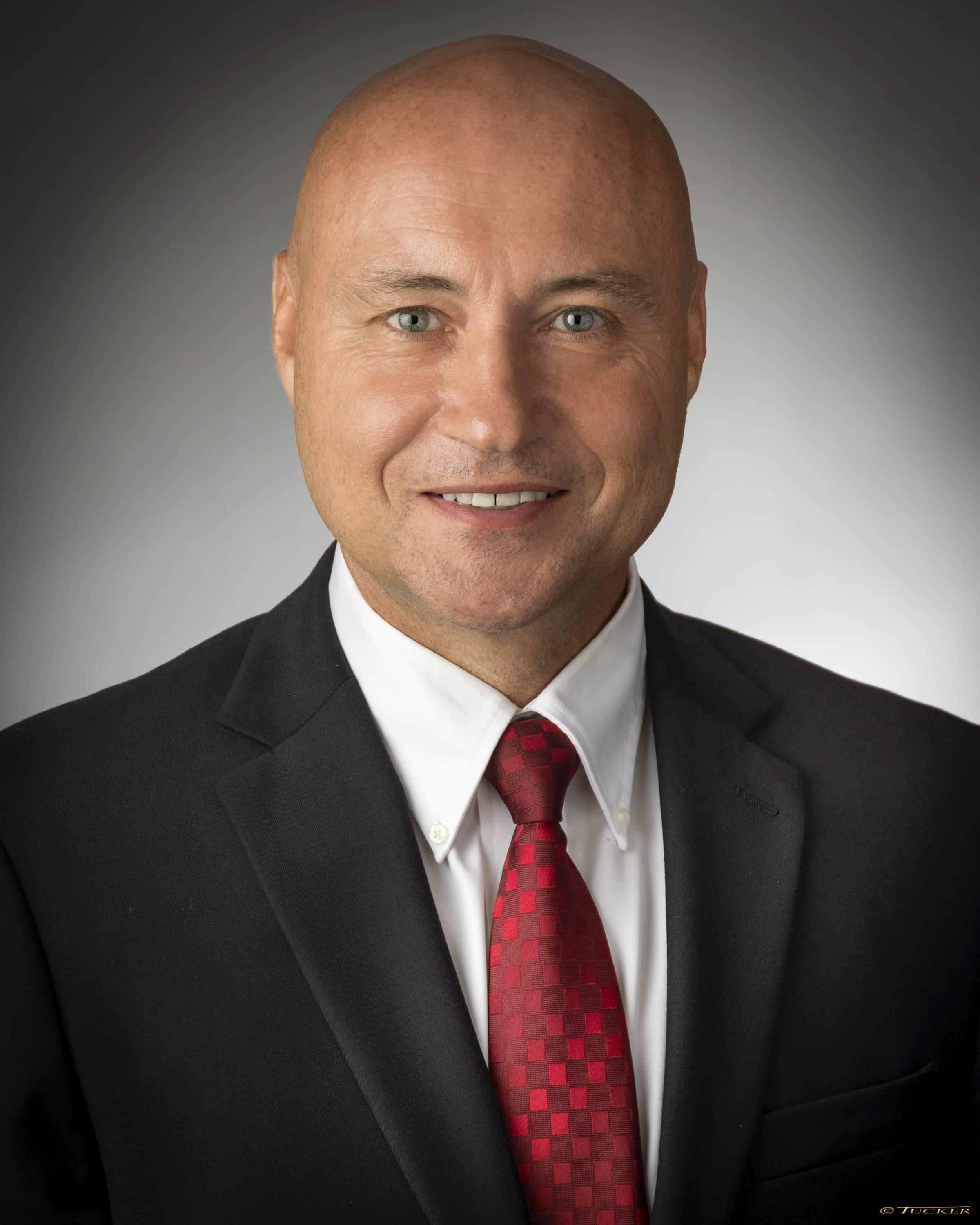Never Too Big to Serve
Editorial
July 13, 2017
Successful field services companies are designed for the high-touch needs of small servicers
The mortgage servicing industry has seen a seismic shift over the past few years as a result of the enhanced regulatory environment brought on by the housing crisis. As a result of these new regulations and restrictions, many financial institutions have been exiting loan servicing and there has been a proliferation of nonbank servicers entering the market and/or buying portfolios or servicing rights and gaining a greater market share.
Today, servicers are tasked with many obligations, including managing field services activities, dealing with oversight and compliance mandates, managing continual changes within the regulatory environment, unfunded mandates resulting in expansion of responsibilities, and ensuring adherence to strict budgets and heightened cost controls.
For years, national field services companies have been working in partnership with both large and small servicing shops to provide a comprehensive default services outsourcing model that enables the smaller servicing organizations to deploy compliant practices in a timely and cost-effective manner.
National field services providers, like Safeguard Properties, have developed tools and resources that provide value-added service and information regardless of a client’s portfolio size.
While some servicers see national field services companies as too large to handle their portfolios efficiently, nothing could be further from the truth.
For example, at Safeguard, our clients range from smaller local banks, small servicers and sub servicers, governmental agencies and large blue chip financial institutions.
Under a true outsourcing model, smaller volume servicers have the benefit of operating in a state-of-the-art default servicing platform environment at no additional cost to them; with the customer centric focus and resources one would expect from a local provider.
These benefits can provide value to the smaller volume servicers in that they can share risk with their field services provider by ensuring timeliness of service, compliance with applicable rules and regulations, as well as leveraging comprehensive data analytics and a cutting edge technology platform.
These servicers are enabled to do more with less as they outsource typical in-house functions to their field services provider.
Field services companies need to remain committed to providing the highest level of service to their mortgage servicing clients regardless of their portfolio size and to ensure that all work is performed in accordance with their clients’ agreed-upon criteria and investor/GSE requirements.
Keeping Servicers in Compliance through Outsourcing
There has been much change in the servicing industry since the housing crisis. Numerous regulations have been enacted by Dodd-Frank, Federal Housing Administration, Fannie Mae, Freddie Mac, Veterans Administration, and the Consumer Financial Protection Bureau (CFPB), designed to protect borrowers and provide guidelines for those maintaining defaulted inventory.
This has put many organizations in a situation where they do not have the resources to comply with these unfunded mandates. A full outsourcing model provided by a field services company enables smaller servicers to maintain compliance without any additional cost.
For instance, an outsourcing model with a field services company typically provides for some or all of the following activities:
- Managing and tracking of allowables to ensure efficient preservation of properties in compliance with investor guidelines
- Managing the bid process, when applicable, by submitting bids to the investor using the investor’s bid submission program (such as P260/Yardi for FHA loans)
- Ensuring conveyance extensions are submitted and managed when necessary
- Managing cost-to-date information
- Managing and remediating customer complaints and ensuring proper tracking, disposition, and auditability of results
An added benefit is that the servicer can leverage their field services provider’s relationships with communities around the country to efficiently address code violation issues enhancing their reputation in the community and can take advantage of the company’s industry knowledge where quite often they have helped to shape policies, regulations and guidelines through direct partnership or committee participation with investors and GSEs.
By leveraging a field services company’s outsourcing options, mortgage servicing organizations have been able to decrease the size of their internal default staff, saving time and money, as they fulfill their servicing responsibilities.
Technology for Efficient Operations
Investing in new technology has been key for field services companies in providing innovative solutions. Through mobile adoption by vendors, investing in data centers and piloting new technology, like video in the field, field services companies continue to ensure quality and innovation for the mortgage servicing industry: a major benefit for all sizes of servicing organizations.
When deciding on a partner to work with, servicers should pay particular attention to determine if the field services company:
- Has invested in latest infrastructure, security, applications, and database technologies;
- Has deployed business process management systems that provide order and loan level processing automation to ensure efficient service delivery;
- Has deployed mobile technologies to provide timely, comprehensive, and accurate property results from the field;
- Offers full-service, secure Internet portals for servicers and contractors with access for ordering, communicating, reviewing work order/photo results and reporting;
- Utilizes integrated data warehousing capabilities that provides web-based reporting, extensive portfolio data analytics and automated report scheduling capabilities;
- Has integration plug-ins to communicate with third-party order processing and invoicing platforms such as Aspen Grove, Equator, Black Knight, and iClear;
- Utilizes an incident management platform to accurately track client requests and compliance status;
- Has state-of-the-art data centers with 24/7 monitoring; and
- Utilizes a centralized call center supporting multiple service center locations.
Of particular value to servicers, both large and small, is having a secure client portal. This comprehensive web-based site should offer a wide array of reports that can be scheduled to run on a daily, weekly or monthly basis.
These reports can be configured to track and report on problem resolution activities and change requests. Once access is granted, each person should have historical loan level information of the services conducted at the property including work orders and updates, photo documentation and audit support, detail of all bids provided and their disposition, expenditure details including cost-to-date and problem-resolution timelines.
Conclusion
Mortgage servicers, both large and small, have come to rely on their field services companies as an extension of their own staff’s duties and responsibilities.
In times of tight budgets and cost containment initiatives, it is imperative that that smaller servicing organizations leverage the tools and resources that a national field services company can provide.
As compliance mandates continue to proliferate, it is only prudent to investigate what your field services company provides today and determine if the value add technology and outsourcing services that a national provider provides as part of their suite of services can benefit you as well.
Source: HousingWire (Never Too Big to Serve pdf)


